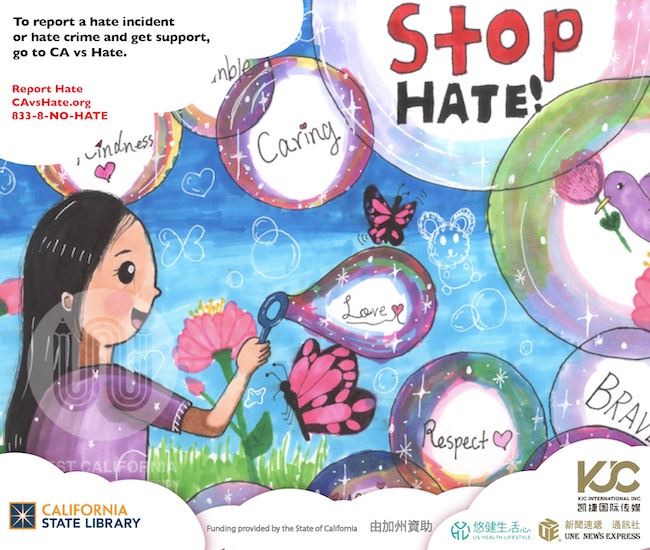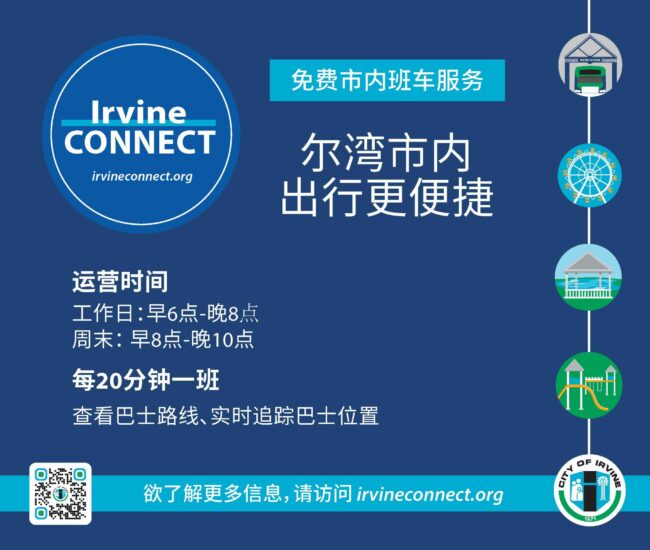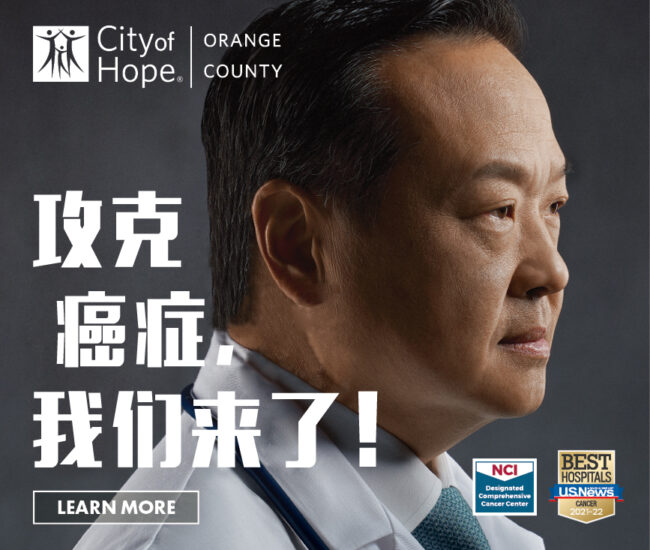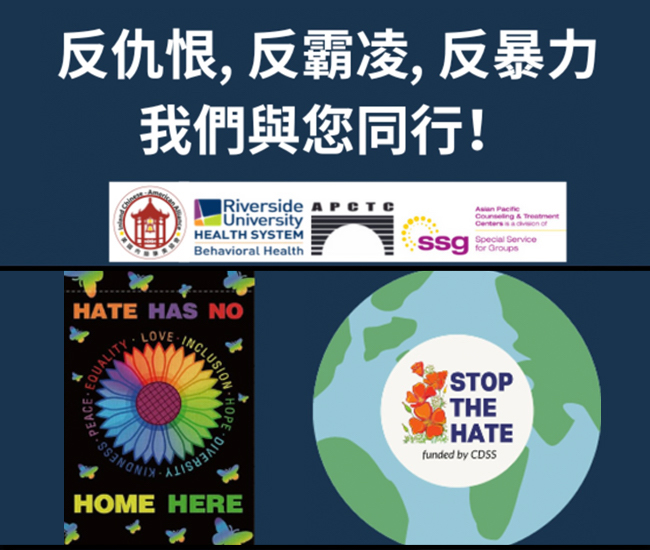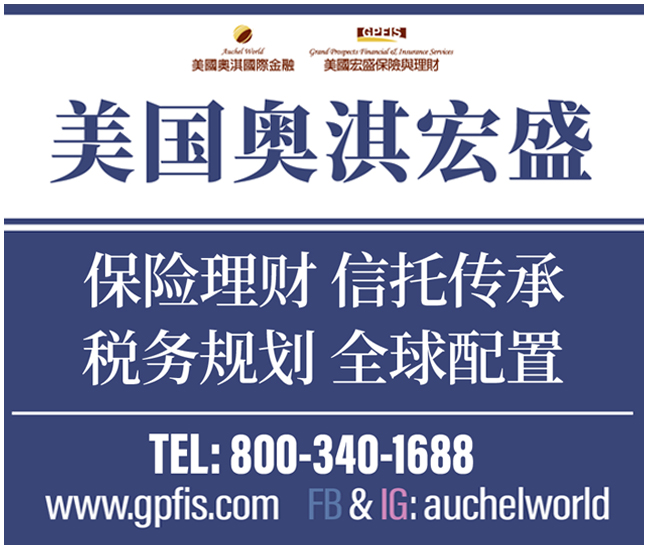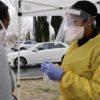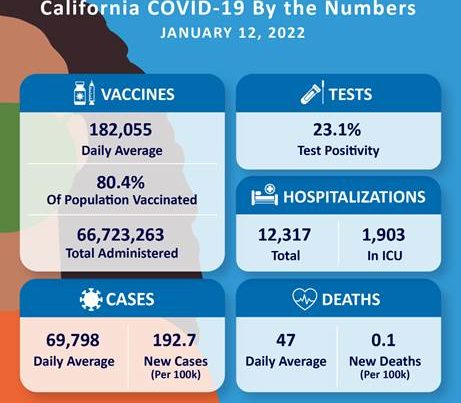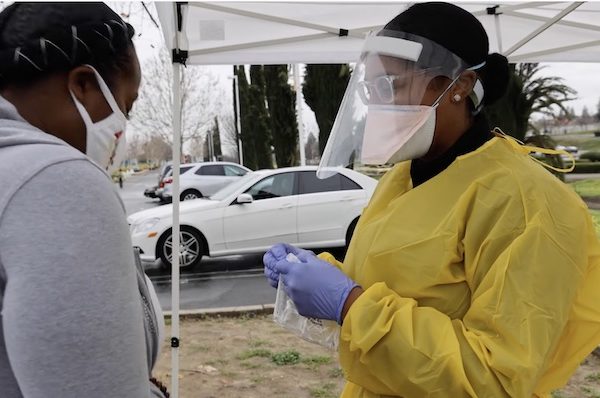Herd Immunity Isn’t Just for Humans
By Marcia Mayeda/Los Angeles County Animal Care & Control
I began working for my local veterinarian when I was in high school and remained at that job until I left for college. I loved caring for the animals and learning about veterinary medicine, and happily worked evenings, weekends, and family holidays (the animals needed care every day!). I still remember my favorite patient who often boarded at the hospital – a long haired red miniature dachshund named Myron. Myron was as bright as a new copper penny and full of love. He was so tiny that he would get high centered trying to cross the small doorway threshold and I would have to lift him over it so he could enter the next room. I also remember Eloise, the black and white cat who terrorized me whenever I had to change her bedding. Despite her loud growling and hissing she never hurt me, but I didn’t take any chances!
However, I was disturbed that the veterinarian would discourage his clients from adopting from animal shelters. Then and for many years later, private practice veterinarians would tell their clients to avoid adopting from animal shelters because the animals were often sick. Sadly, in those days this was often the case.
But that is no longer true. Animal shelters have made great strides in veterinary medicine and are now at the leading edge of many medical practices such as herd immunity and capacity for care, subjects we have heard about in relation to human medicine and COVID-19. While these topics may be new for many people, they aren’t for those of us who work in animal welfare. They are critical components of how we keep our animals safe and healthy in our animal care centers.
Animal care agencies practice what is known as “herd health medicine”. That is, the entire population of animals are provided with the same preventative health care treatments to prevent or minimize disease. At DACC, all dogs and cats are vaccinated upon arrival with recommended core vaccines. They are also treated for external parasites such as fleas and ticks, and internal parasites such as worms. By treating all the animals, we prevent outbreaks of very serious and fatal diseases such as parvovirus in dogs and panleukopenia in cats. We also make certain that parasite transmission is minimized. These precautions make for healthier and happier animals, protect the wellness of lost pets who will be returning to their families, and present better candidates for adoption into new homes. The herd immunity is maintained at optimum levels.
But DACC veterinarians and registered veterinary technicians (RVTs) go beyond herd health management. They also treat each animal as an individual. Animals may arrive with illnesses or injuries that require specific treatments. Examples include vehicle trauma, fractured bones, open wounds, ear infections, skin infections, and much more.
Every animal is examined upon arrival by an RVT, who will note any abnormalities for veterinary review. Treatment plans are created and animals who require specialized treatments receive them. Animals requiring surgery may have the procedure performed in the animal care center or be referred to a private veterinarian for more complicated cases. In these circumstances, the medical fees are paid by the Los Angeles County Animal Care Foundation’s Dreams Come True fund. Funded by private donations, this fund has saved the lives of thousands of animals who have come through DACC’s doors. You can learn more at: https://lacountyanimals.org/
Veterinarians also conduct daily medical rounds throughout the animal care centers, looking for potential new medical concerns that may arise. Part of this responsibility includes disease surveillance, by sampling and testing, to identify common causes of illness in the animal care centers. This is done on a regular basis and allows DACC to be a sentinel for pet disease occurrences in the community. This provides opportunities to actively work with the larger veterinary community and public health agencies to address community animal disease outbreaks.
Another similarity between COVID-19 and animal care center operations is the idea of “capacity for care”. We saw our Los Angeles hospitals struggle with the overload of COVID-19 patients this winter. Patients were delayed admittance or located in converted conference rooms or other repurposed areas. Oxygen systems in six area hospitals could not keep up with the oxygen demand of COVID-19 patients, and the Army Corps of Engineers stepped in to update the systems. The volume of patients exceeded the hospitals’ capacity for care and the amazing work of all hospital staff was a testament to human perseverance and compassion.
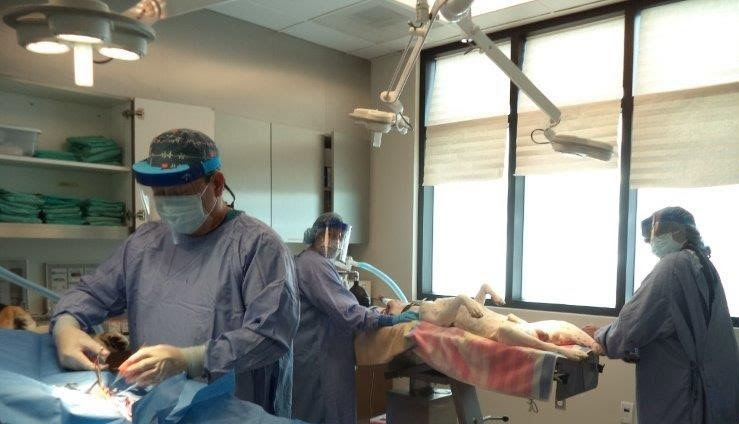
Animal shelters also must operate within a capacity for care structure. DACC manages its animal care center populations with a capacity for care model developed by the UC Davis Koret Shelter Medicine Program. Managing our capacity for care ensures we can provide the most optimal animal health and welfare environment. We do this by providing alternatives to impoundment such as assisting pet owners by providing resources and options for their pets other than surrender to our care centers. We also maintain an active foster care program, where underage kittens and other animals can receive the care they need in a private home until they are old enough and well enough for adoption. In addition, we partner with more than 300 animal rescue groups to place available pets for adoption. These and other programs allow us to maintain our population at safe levels and provide animals in our care with the medical and behavioral treatments they need.
DACC goes beyond providing care for animals in its care centers; it also provides wellness clinics for owned pets and in underserved communities. DACC veterinary medical and support staff provide low-cost vaccinations, microchips, and spay/neuter services for pets whose owners can not otherwise obtain those services, both at the animal care centers and through mobile services. These efforts help keep the communities’ pets healthy and contribute to a healthy herd population.
Shelter medicine has become so prominent that it was recognized as a board-certified specialty by the American Veterinary Medical Association (AVMA) in 2014. Veterinarians that practice shelter medicine have special awareness of animal facility design, sanitation, nutrition, herd health management, epidemiology, animal population management, immunology, infectious disease, public health, emergency response, animal cruelty investigations, and veterinary forensics. They must also be aware of the medical needs of many species of animals, not just dogs and cats. DACC admits many other types of animals such as rabbits, guinea pigs, horses, livestock, reptiles, ferrets, and exotic birds like parrots. We have even had a camel, pygmy hedgehog, emus, a capybara, and other animals you wouldn’t expect.
DACC has 13 veterinarians and 28 RVTs on staff, along with dedicated animal care aides, to ensure the health and well-being of animals in our seven animal care centers and in the community. It is so rewarding to see the high level of care provided by these compassionate professionals, and private practice veterinarians now recommend animal shelters as a good place to obtain a pet. The transformation of shelter medicine since my early years working for my veterinarian has saved millions of animals’ lives across the country and I am thrilled to have been along for the journey.
本網站內容嚴禁未經授權轉載、複製。本網站僅為一般訊息平台,所發內容不代表本站立場,不構成任何投資、購買、要約等建議,不對資料之完整性、精確性等作任何保證。



